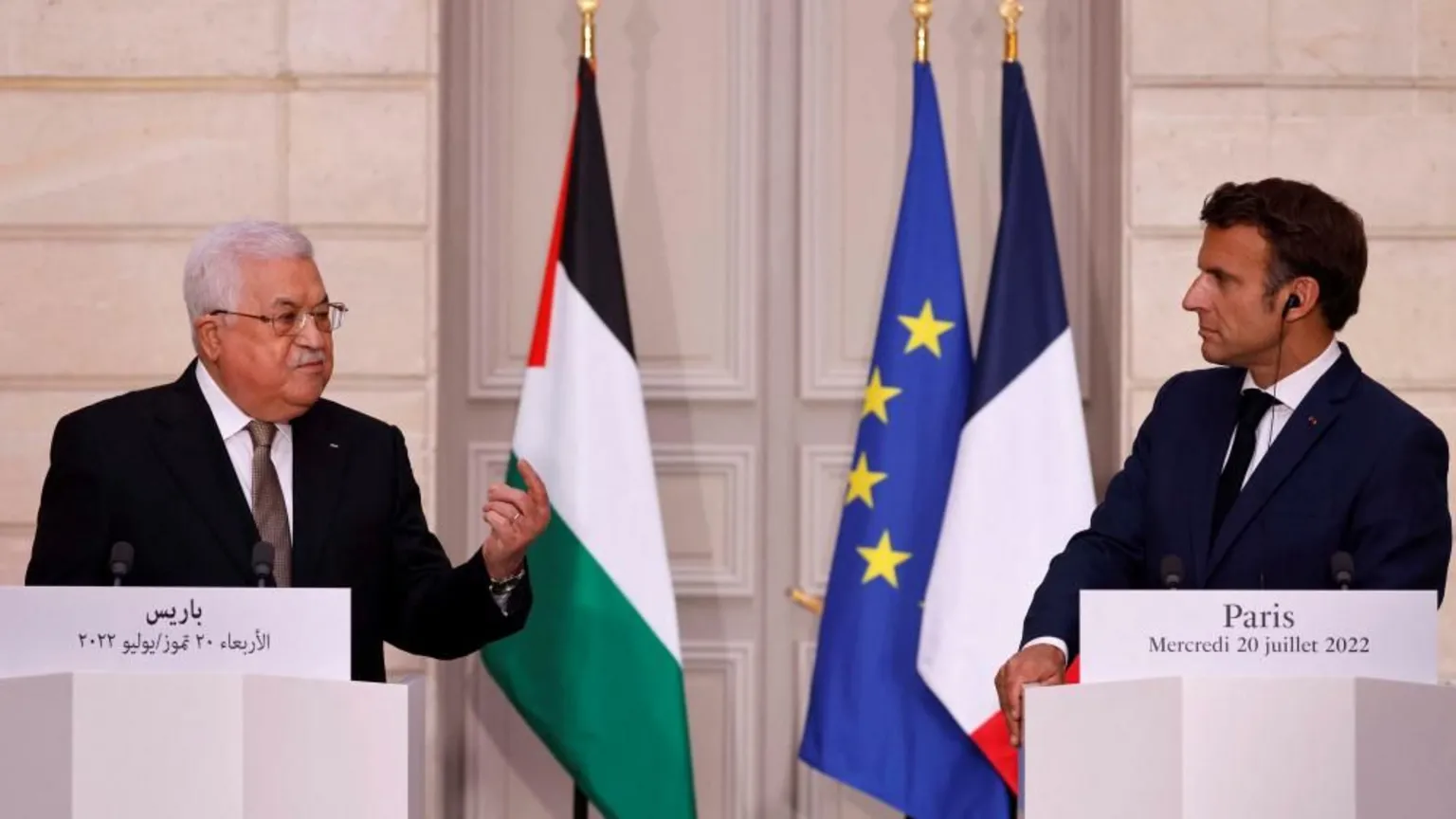France will formally recognise a Palestinian state in September, President Emmanuel Macron has confirmed, marking a major diplomatic move in the ongoing Israel–Palestine crisis.
In a post shared on Thursday, Macron announced that France will make the official declaration during the upcoming United Nations General Assembly session in New York. He stressed the need to end the war in Gaza and provide urgent relief to civilians.
"The urgent need today is for the war in Gaza to end and for the civilian population to be rescued. Peace is possible. We need an immediate ceasefire, the release of all hostages, and massive humanitarian aid to the people of Gaza," he wrote on X.
Macron said the decision reflects France’s historic position on seeking a lasting and fair resolution to the Middle East conflict.
"True to its historic commitment to a just and lasting peace in the Middle East, I have decided that France will recognise the State of Palestine," he posted. "We must also guarantee the demilitarisation of Hamas, and secure and rebuild Gaza. Finally, we must build the State of Palestine, ensure its viability, and ensure that by accepting its demilitarisation and fully recognising Israel, it contributes to the security of all in the Middle East. There is no alternative."
Macron also attached a formal letter to Palestinian Authority President Mahmoud Abbas confirming the decision.
The move was welcomed by Palestinian officials, with Hussein al-Sheikh, a senior aide to Abbas, saying the announcement "reflects France's commitment to international law and its support for the Palestinian people's rights to self-determination and the establishment of our independent state", as reported by AFP.
Hamas described France’s decision as a “positive step in the right direction” and encouraged other countries to follow suit.
Israel, however, reacted sharply. Prime Minister Benjamin Netanyahu condemned the move, saying it rewards terrorism, especially in light of the 7 October 2023 attacks by Hamas in southern Israel.
"We strongly condemn President Macron's decision to recognise a Palestinian state next to Tel Aviv in the wake of the 7 October massacre," Netanyahu wrote on X. "A Palestinian state in these conditions would be a launch pad to annihilate Israel - not to live in peace beside it. Let's be clear: the Palestinians do not seek a state alongside Israel; they seek a state instead of Israel."
Saudi Arabia also welcomed France's decision, calling it a reaffirmation of the global support for Palestinian self-determination and independence.
Currently, over 140 UN member states recognise the State of Palestine. While countries like Spain and Ireland have already extended recognition, others such as the United States and the United Kingdom have yet to take that step.
UK Prime Minister Keir Starmer, in a statement on Thursday, said he would hold urgent talks with French and German leaders to explore ways to immediately stop the violence.
He noted that Palestinian statehood is an “inalienable right” and that achieving a ceasefire would create a path toward recognition and a two-state solution.
The development comes as the humanitarian situation in Gaza continues to worsen.
The territory's health ministry reports that more than 59,106 people have been killed in Israeli air and ground operations since the Hamas-led attack that left around 1,200 people dead in Israel and 251 taken hostage.
The destruction has left large parts of Gaza in ruins. The UN’s Palestinian refugee agency, Unrwa, reported earlier on Thursday that one in five children in Gaza City is malnourished, with conditions deteriorating rapidly.
Over 100 aid and rights organisations have raised alarms over growing starvation in Gaza, calling on governments to act urgently. Israel, which manages the flow of supplies into the territory, has denied claims of a blockade and has instead blamed Hamas for shortages and malnutrition.

